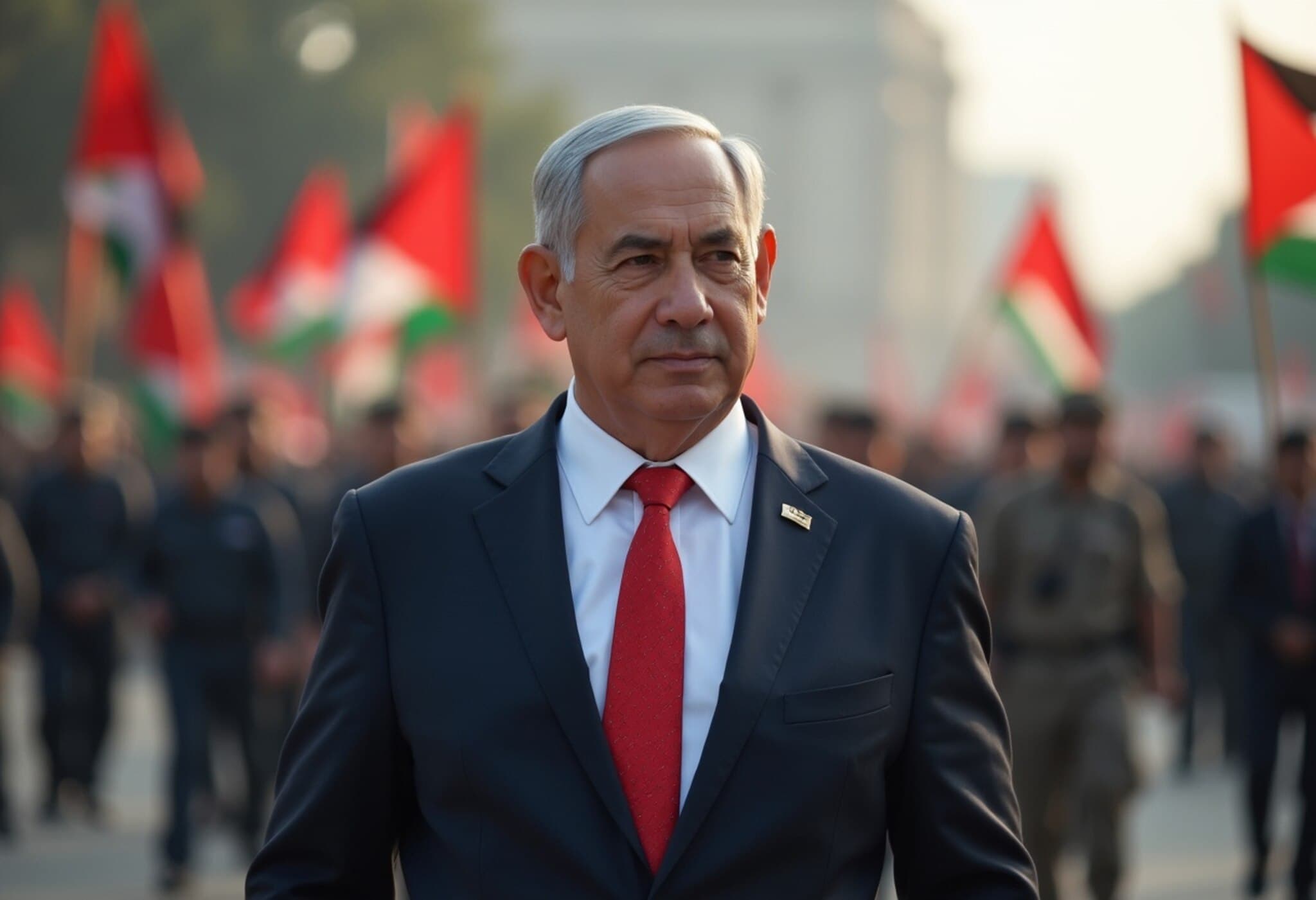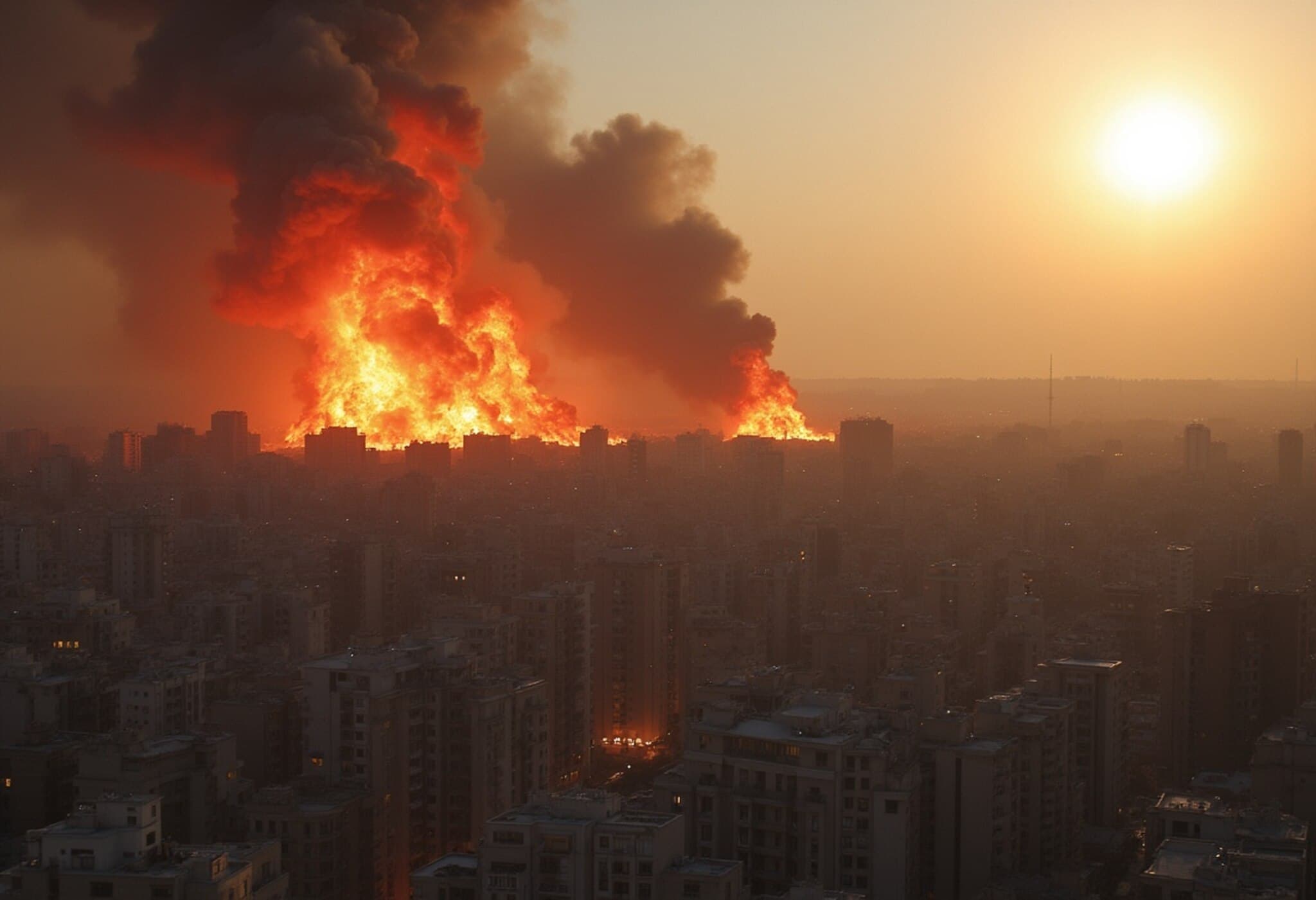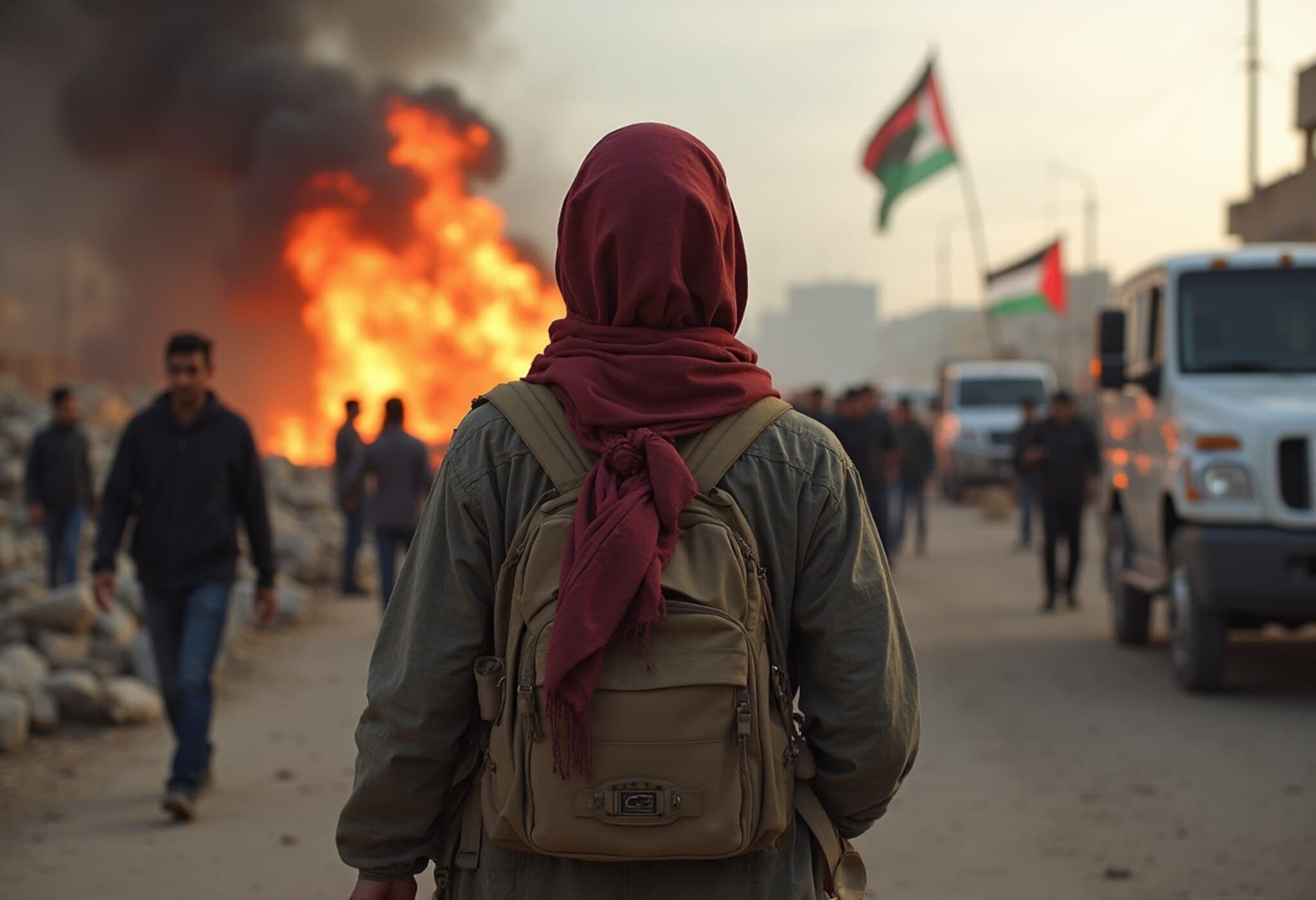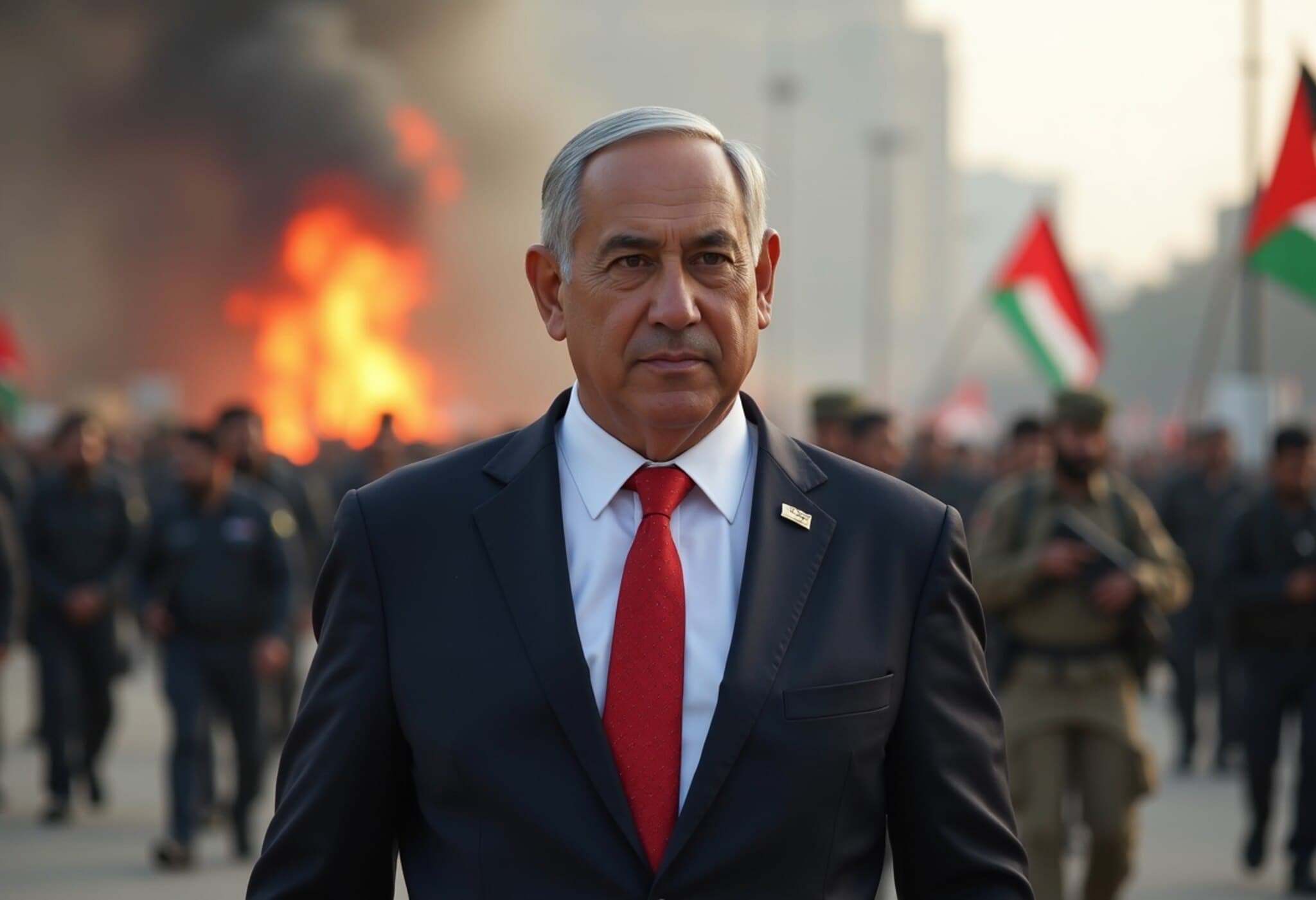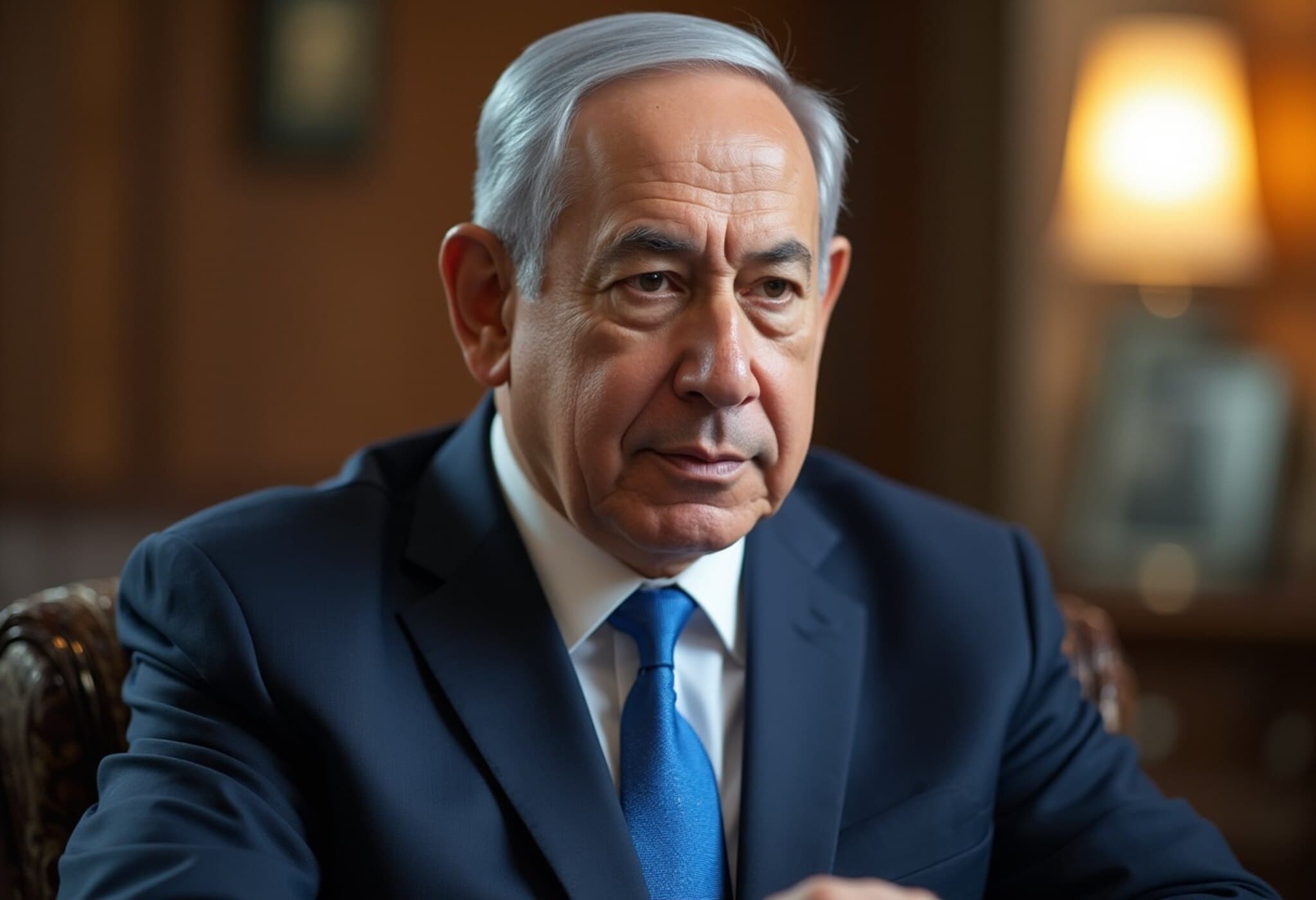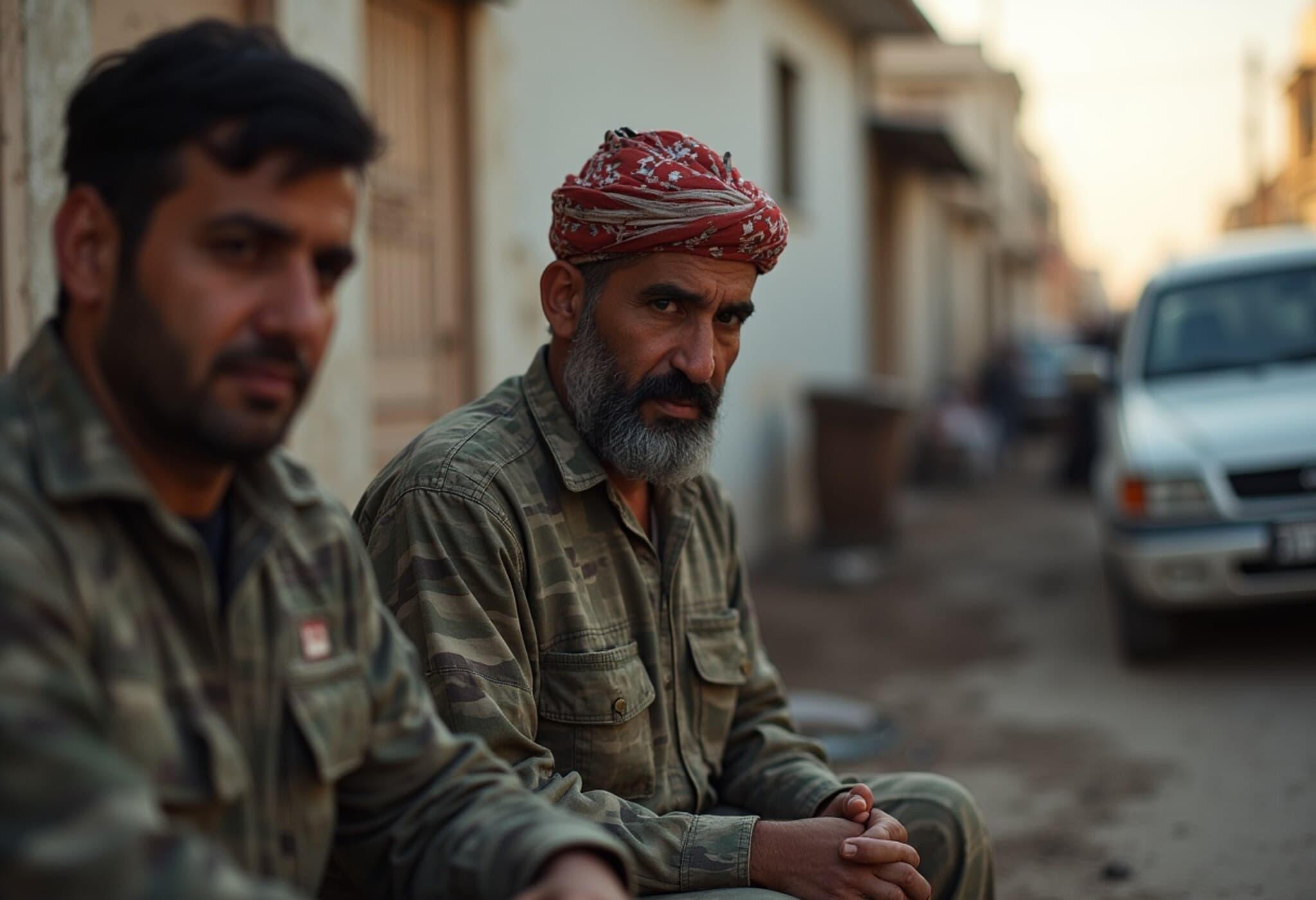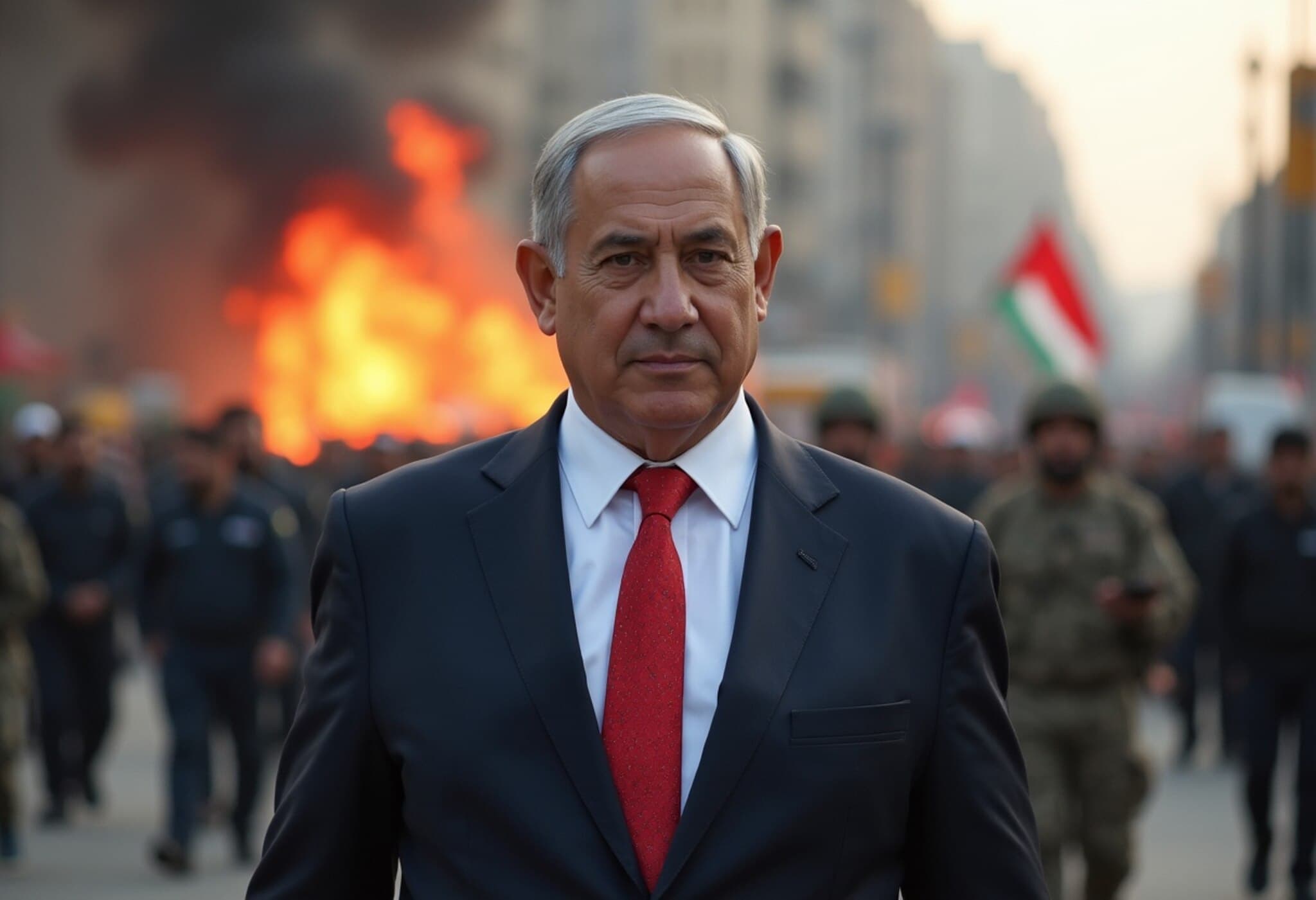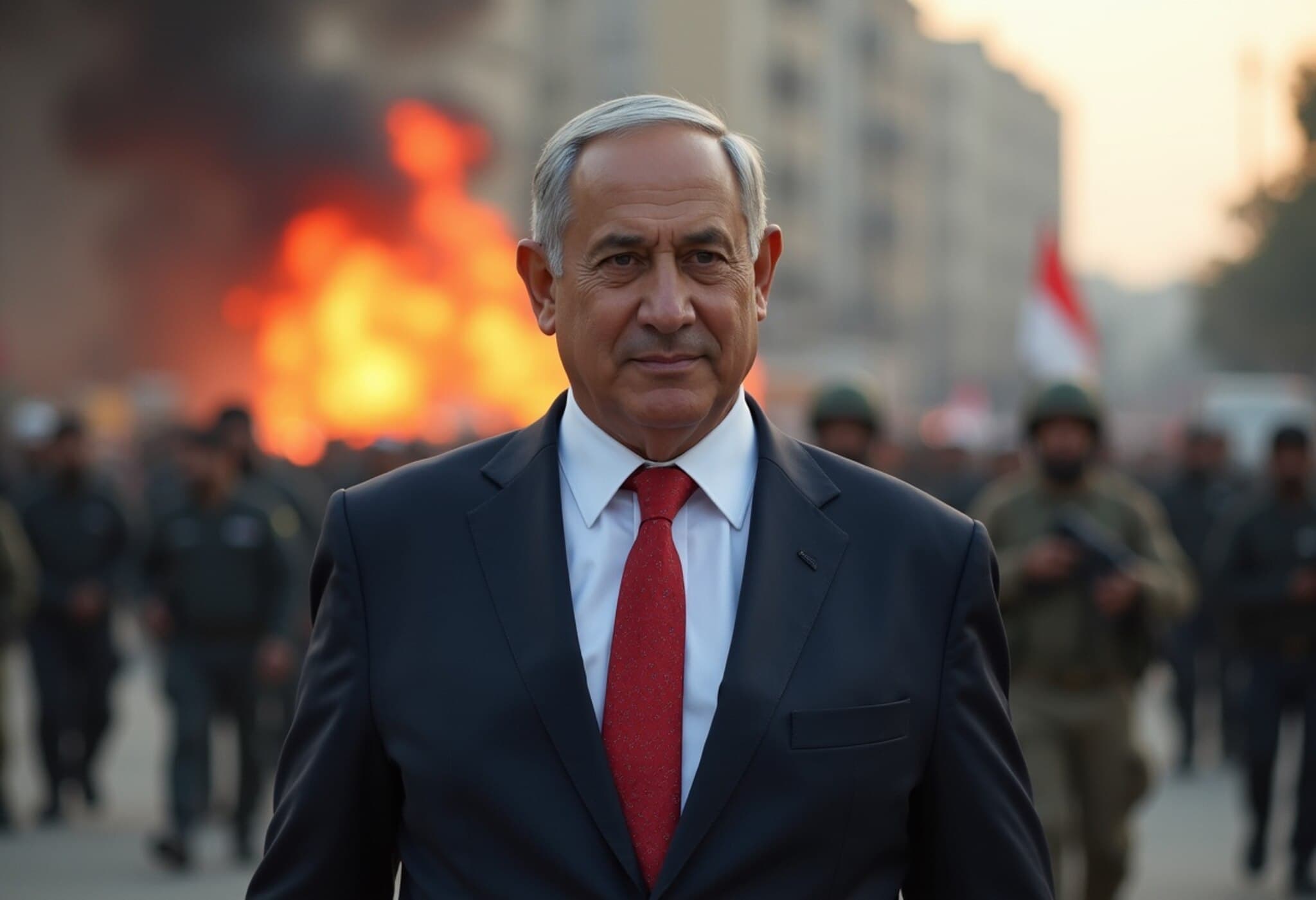Netanyahu Pushes Forward with Gaza City Control Amid Intensifying Conflict
Amid escalating hostilities in the Gaza Strip, Israeli Prime Minister Benjamin Netanyahu is forging ahead with a controversial plan to take full control of Gaza City, a move designed to dismantle Hamas’ influence and reshape security dynamics in the region. Approved recently by Israel’s Security Cabinet, the initiative extends operations to critical areas, including densely populated refugee camps and the coastal Muwasi neighborhood, which shelters an estimated 500,000 displaced Palestinians according to United Nations data.
In a recent address, Netanyahu framed this military campaign as an essential step toward the "complete defeat of Hamas" and securing the release of Israeli hostages. He emphasized intentions to establish civilian "safe zones" and deliver aid, though details about the locations and logistics remain vague. Highlighting Israel’s strategy, Netanyahu reiterated they do not plan to annex Gaza but rather transfer control to "Arab forces" while maintaining a security perimeter focused on long-term Israeli protection.
Humanitarian Crisis Deepens Despite Assurances
Despite official statements denying any deliberate "policy of starvation," reports from hospitals and humanitarian organizations paint a grim picture. At least 31 Palestinians have been killed near food distribution centers in recent days, underscoring the peril civilians face amid restricted aid access. The United Nations’ humanitarian chief characterized the situation in Gaza as one of "starvation" and conditions "beyond horrific," raising urgent concerns about civilian wellbeing as the siege tightens.
Hamas has condemned Israel’s advances, signaling steadfast resistance and accusing the government of sabotaging ceasefire negotiations. This ongoing cycle of violence perpetuates immense civilian suffering, exacerbated by shortages of essential supplies such as food, water, and medicine, alongside continuous bombardments that eliminate previously designated safe zones.
Global Responses Highlight Rising Tensions and Diplomatic Fractures
- United Nations: Human rights chief Volker Türk cautioned that Israel’s planned takeover could contravene International Court of Justice rulings, raising potential legal ramifications on the global stage.
- Germany: Suspended all military exports potentially usable in Gaza, signalling a pause amid strong support for Israel’s right to self-defense but condemning escalation impacts.
- European Union: EU Council President Antonio Costa asserted that the Israeli plan breaches prior EU-brokered agreements, warning it "must have consequences for EU-Israel relations." This pronouncement signals a brewing diplomatic friction within Western alliances.
- Australia: Joined France, Britain, and Canada in announcing it will recognize the State of Palestine at the upcoming UN General Assembly, adding a condition that Hamas must not hold governance roles, thereby pushing for a more nuanced consideration of Palestinian statehood amidst conflict.
Civil society responses have also surfaced, with protests in Tel Aviv and other Israeli cities demanding renewed ceasefire talks. These public outcries underscore the complex internal divisions within Israel regarding the military escalation and its humanitarian repercussions.
Analyzing the Strategic Blueprint
This latest Gaza City takeover is not merely a military maneuver but part of a comprehensive strategy Israel hopes will:
- Systematically dismantle Hamas’ urban strongholds, including key refugee camps and coastal districts.
- Establish a non-Hamas, non-Palestinian Authority civilian administration under Israeli oversight.
- Create a security buffer zone around Gaza, avoiding outright annexation but securing Israeli interests.
Proponents argue that these steps are indispensable for neutralizing Hamas’ capacity to orchestrate attacks and providing Israel with long-term security assurances. However, critics and humanitarian organizations highlight that the plan imperils hundreds of thousands of already vulnerable civilians, potentially triggering a catastrophic displacement crisis that further strains Gaza’s decimated infrastructure and hampers humanitarian aid delivery.
Since the conflict reignited in late 2023, the civilian toll has mounted dramatically within Gaza—a densely populated enclave already grappling with economic hardship and infrastructural erosion. Prolonged shortages of vital resources and recurring airstrikes have deepened the humanitarian emergency, placing the future stability of the region in serious jeopardy.
International Implications and The Road Ahead
Australia’s recent decision to recognize Palestine, following similar moves by European allies, reflects an evolving international consensus favoring a two-state solution. Nevertheless, Israel’s ambassador to Australia cautioned that this recognition could complicate delicate hostage negotiations and undermine regional security.
These developments emphasize the tensions between diplomatic efforts and military actions, raising critical questions about how peace can be brokered amidst ongoing violence and geopolitical recalibrations.
Expert Insight
From a legal perspective, the proposed Gaza takeover sits at a delicate intersection of international law, security policy, and human rights. Experts suggest that Israel’s strategy, while focused on neutralizing terror threats, risks crossing thresholds defined by the laws of occupation and humanitarian protections. Furthermore, the pressure from European allies and global institutions may serve as a critical check on unilateral measures that destabilize prospects for peace.
Economically, prolonged conflict and structural disruption will continue to undermine Gaza’s meager economy, deepening dependency on international aid or precipitously increasing regional instability. The humanitarian calculus thus compels urgent, innovative solutions that balance security imperatives with protecting civilian lives.
Editor’s Note:
The unfolding Gaza operation under Netanyahu highlights the enduring complexities entangling military objectives with humanitarian realities and international diplomacy. While Israel asserts its right and necessity to dismantle Hamas to protect its citizens, the mounting civilian toll and widespread international concern raise profound ethical and legal questions. How can durable security be achieved without exacerbating human suffering? Can the international community effectively hold parties accountable while fostering conditions for peace? As the situation evolves, these questions remain central to understanding the future of Gaza and the broader Middle East.

